skieur
TPF Noob!
- Joined
- May 14, 2007
- Messages
- 5,071
- Reaction score
- 204
- Location
- Canada
- Can others edit my Photos
- Photos OK to edit
like that freelance journalist who dramatised the smoke and fire coming from burning buildings in Lebanon? Reuters refuses to take any of his images now after things came out.
It is very hard to draw a line...
Not hard to draw the line at all. Cloning a microphone out that looks like it is sticking out of a celebrity's head does not change the shot. Same thing with a water bottle, telephone pole, elbow or other body part of someone in the background.
Faking the event or the seriousness of a battle, protest or insurrection is a lot more than simply cleaning up photos for publication.
skieur


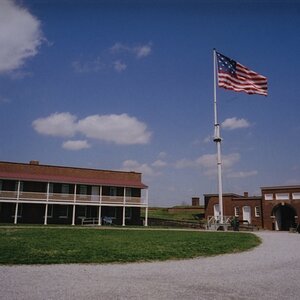
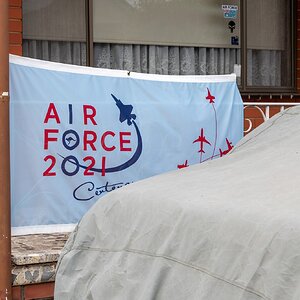
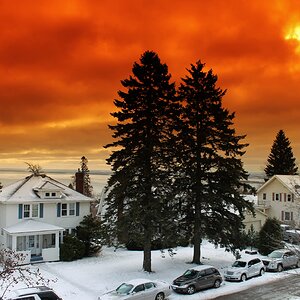
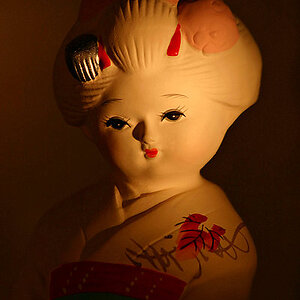
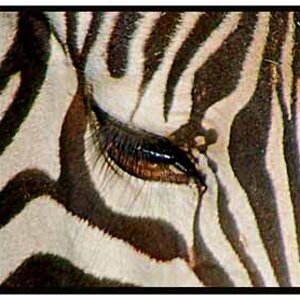
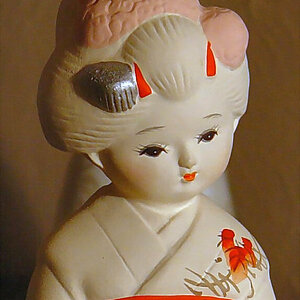
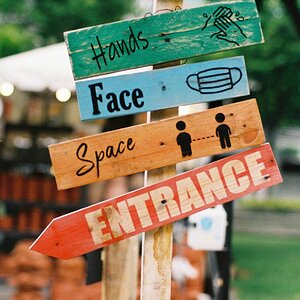
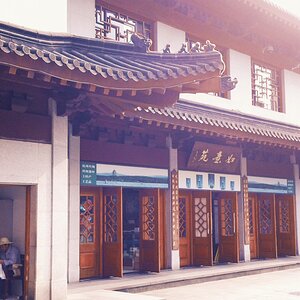
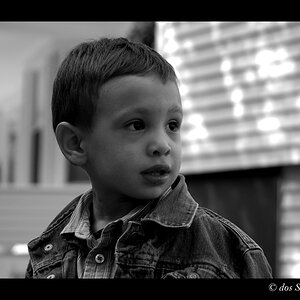
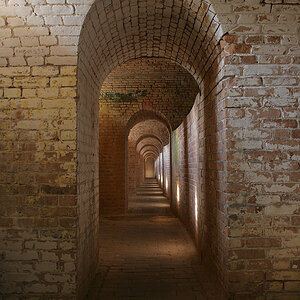

![[No title]](/data/xfmg/thumbnail/31/31756-ed344608f5fc9a69ff1d67dc7d03161c.jpg?1619734993)